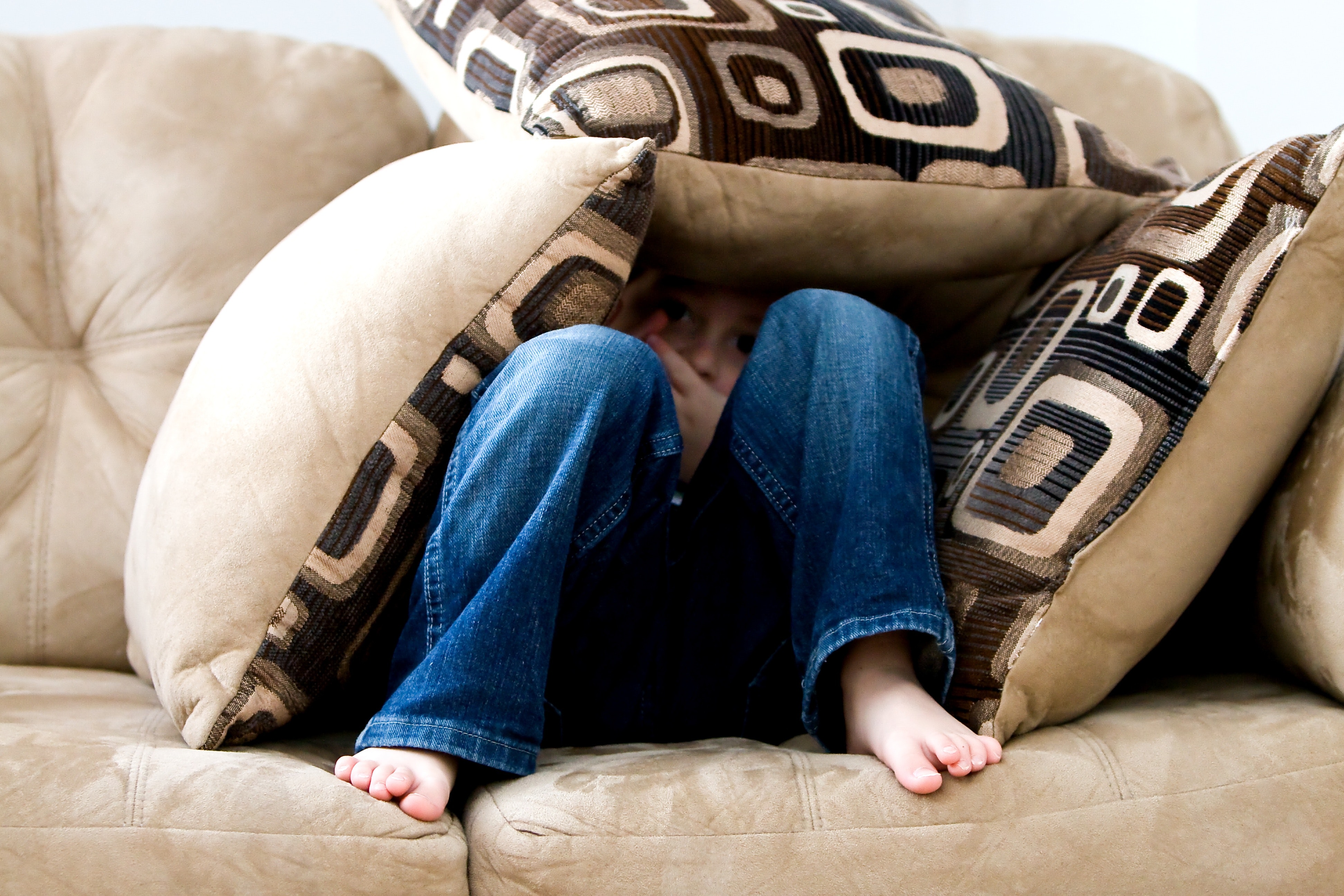
When Kids Say Hurtful Things Things
September 27, 2019 2:05 pm Leave your thoughts
We’ve all been there as a parent; our children get upset with us and inevitably, a few “You’re mean!” or “I don’t like you!” phrases emerge. Figuring out how to handle these situations can be challenging because they so easily trigger our own feelings and beliefs about our own parenting strategies. Things kids say, to the untrained ear, can sometimes sound mean, rude, and disrespectful. In reality, these things are developmentally normal ways of learning to set boundaries. Here are some ways of managing children’s behaviors when they say these “mean things.”
1.) Stay calm. Take a deep breath. Think about what you want to say, and (this probably goes without saying) don’t say anything hurtful back. Reacting in a calm, collected way will also help you model appropriate emotion regulation strategies for your kiddos.
2.) Don’t take it personally. This one is easier said than done. As a parent, it can be difficult to remember that these words don’t actually mean anything, but rather, are coming from a place of anger and frustration. Children don’t have the ability to stop and think about what they say before they say it; their neural pathways are not as developed, and many of their responses to frustration and anger are impulsive.
3.) Stay close. Sending a child to his/her room to deal with strong, negative emotions on their own can send the message that you can only be around them when they’re experiencing positive emotions. Children need to be able to feel as though the adults in their lives love them even when they’re angry. It’s okay to set limits to keep yourself safe (e.g., the child is throwing things), but make sure you make it known that you won’t leave them alone with their feelings.
4.) Validate the emotion. Saying to your child “I can see you’re really angry right now, I’m so sorry you’re feeling that way,” can help to diffuse and calm a tense situation. Once the underlying feelings are recognized, children feel more heard and understood. The more compassionate you can be, the more likely the child will let go of the anger and work to address the underlying feelings with you.
5.) Keep your verbal response direct and brief. Saying something like “I understand you’re upset and you still have to do X” may be helpful to both validate the emotion and simultaneously keep the desired behavior on track.
6.) Help find more helpful ways of coping with frustration/anger. Mindfulness and meditation exercises can be helpful for children to help regulate and control their breathing. Specific breathing exercises, involving matching the time of the inhale to the exhale may help children calm their emotions. Coloring, drawing, or writing may be an additional way for kids to re-direct their attention and emotions. Some other examples of healthy coping strategies include drinking a glass of water, asking to take a break, counting to 10, listening to music, using fidgets, asking to take a walk, stretching, and talking to an adult.
Categorised in: Uncategorized
This post was written by Ashley Waters
